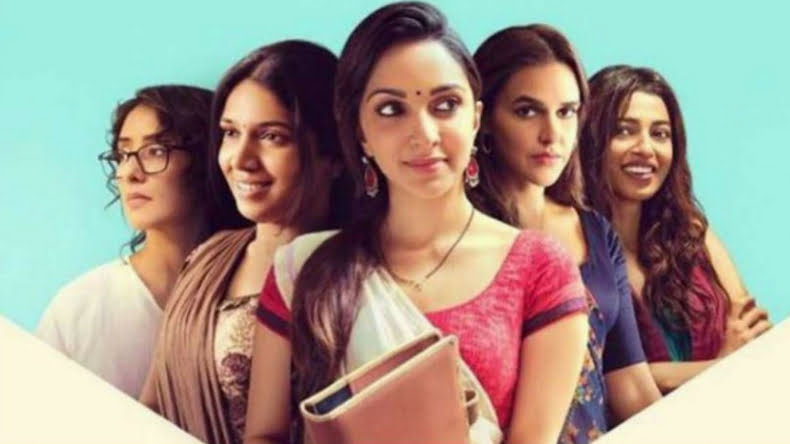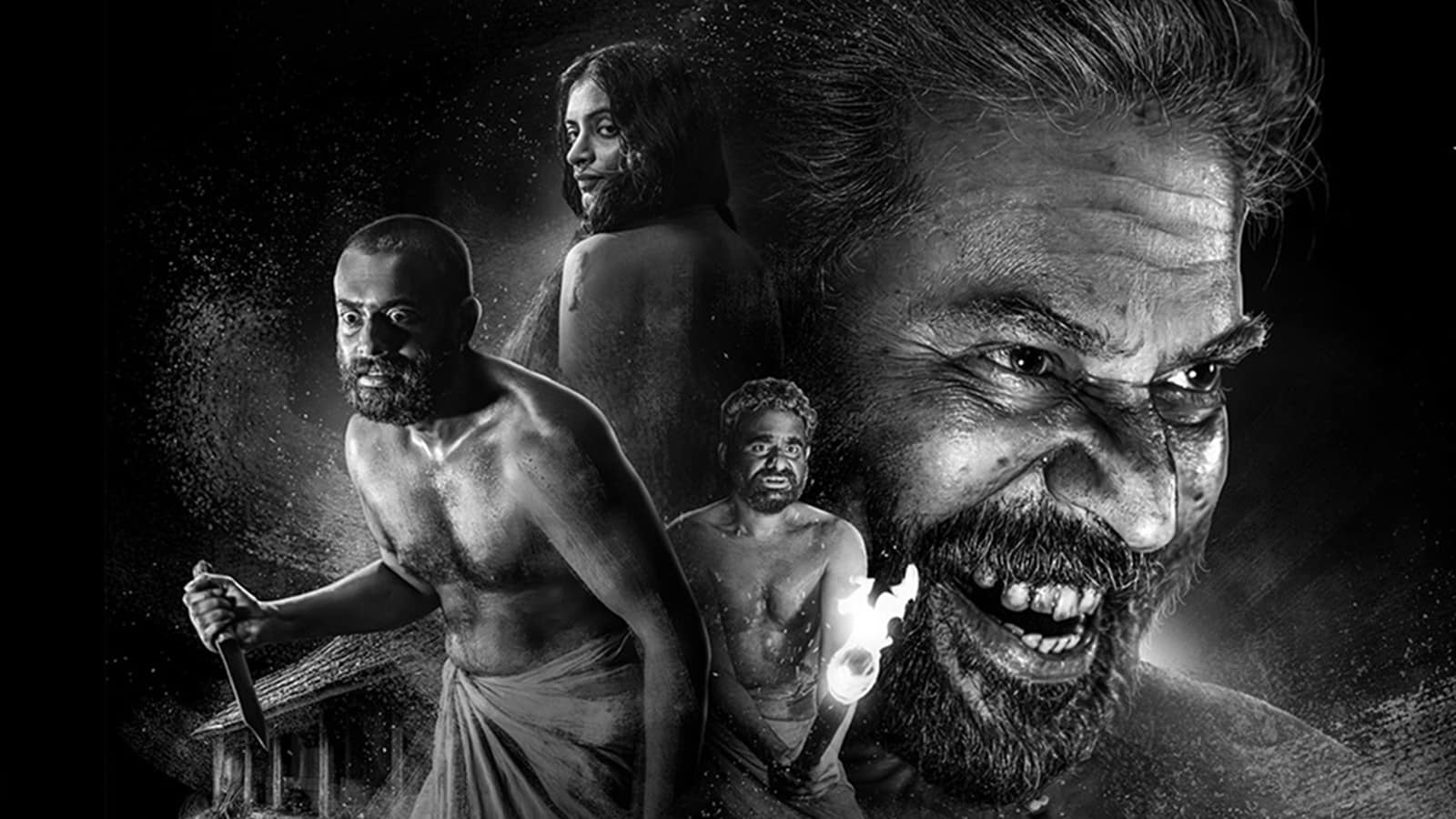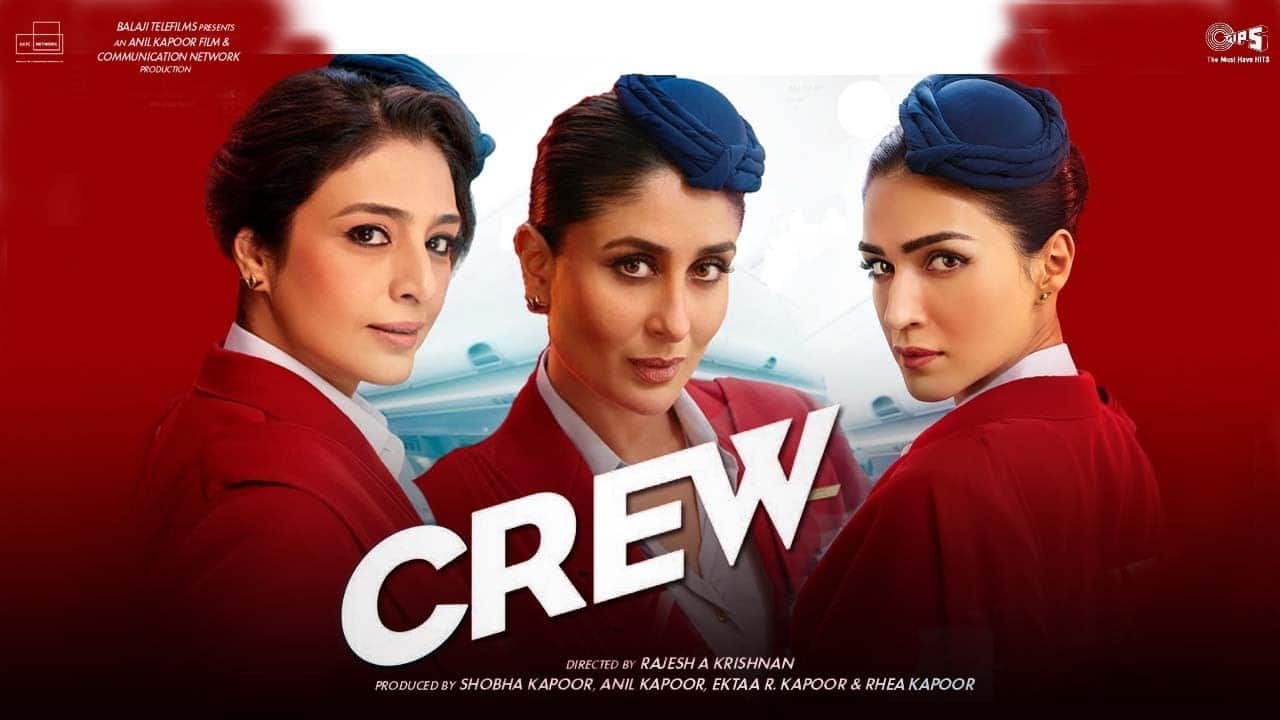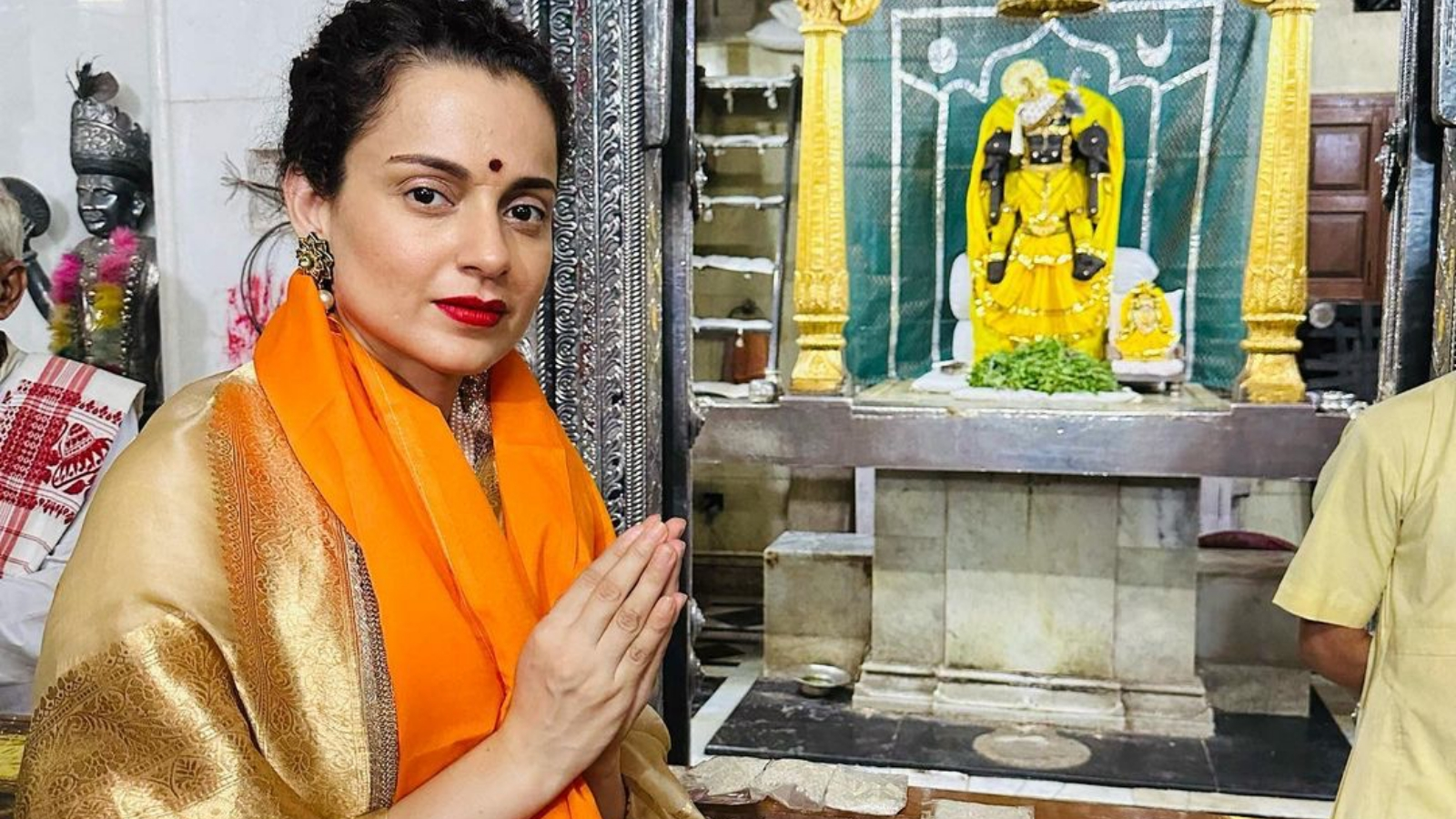Warning: spoilers ahead
Five years after Bombay Talkies, directors Zoya Akhtar, Dibakar Banerjee, Anurag Kashyap and Karan Johar team up for a Bollywood-ised take on interpersonal relationships and women’s agency and sexuality. The timing of the release of Lust Stories on Netflix is apt, following the furore created by Swara Bhaskar’s masturbation scene in Veere Di Wedding.
Lust Stories is an anthology of four stories that center themselves on women’s sexuality and agency – a college professor, two schoolteachers, a domestic worker and a tired housewife. While in the midst of navigating this contentious zone of sexuality, they each have to navigate the politics located in their own social positionalities. They negotiate with politics of class and caste, marital pressure, stigma rooted in sexuality and ‘progressive’ culture, marriage, workspaces and feelings of insecurity and anxiety.
The film begins with Anurag Kashyap’s protagonist Kalindi (Radhika Apte) who has a one-night stand with one of her students. It is undecided if Kalindi’s character intends to break the fourth wall or if her narrative is based in a documentary format. After a drunken one-night stand with one of her students (Tejas – played by Akash Thosar of Sairat fame), she frets about Tejas becoming overly attached and insecure. As the storyline paces, she finds herself becoming the very person she was overly critical about in the beginning. Kalindi is shallow, manipulative, confused, jealous and even resorts to bullying Tejas’ girlfriend. Yet, in certain scenes where she voices her narrative, she is shown to be rather empathetic.
She goes to extreme lengths to get Tejas’ attention, which can be frustrating to watch and one finds themselves getting mighty irritated with her. Yet in our heart of hearts, cannot but feel a twinge of sympathy for her. She is navigating a marriage with a much older man who while encouraging her to have an ‘adventure’, is just never there. In addition, she worries about consent, the consequences of a frowned-upon student-teacher relationship, a failed fling with an extremely insipid colleague and her coming to terms with notions of love and honesty that she feels she deserves. To sum up: Kalindi is unreal, yet so relatable at the same time.
Zoya Akhtar’s protagonist is Sudha (Bhumi Pednekar), a domestic worker having an affair with her upper-middle-class employer Ajit (Neil Bhoopalam). Credit is due to Zoya Akhtar for doing an excellent job with highlighting the alienation and distance between class and caste positions. She uses camera angles and varied surface planes to deliberately disjoint narratives. Sudha is shown to be content while having sex with Ajit. However, her social and economic position is the guiding force that compels her to distance herself from Ajit when his parents and would-be fiancé come to his house.
Given the kind of privileged characters that Zoya Akhtar seems to prefer to develop in her films, this segment was a surprise wherein people from upper-middle class and dominant caste communities, along with their mundane and superficial concerns in life, are portrayed in a scathing manner. Through Sudha, viewers find themselves eavesdropping on the rather moronic and banal conversations of her employees. Conversations with no genuine meaning in them, which only parrot their complacency in the social privileges (and how they cement these privileges through the institution of marriage) that they occupy – that just makes you want to roll your eyes.
Sudha’s predominant silence and imbibing of the events around her are our tools of navigation. Her observations of Ajit’s fiancé indicate a building inferiority complex. Her employers are kind to her and acknowledge her, but are very keen on establishing their distance from her as well. They don’t speak to her – they speak at her. The segment ends with her talking to a fellow domestic worker who is happy to have been given a torn dress by her employer. Sudha’s eyes linger at the tear while acknowledging the extremely patronising manner in which employers treat domestic helpers.
Also Read: Lakshmi – A Must Watch Short Film On Conjugality And Sexuality
Dibakar Banerjee’s segment brings us the highly uncomfortable love triangle between 3 extremely wealthy people – Reena (Manisha Koirala), Sudhir (Jaideep Ahlawat) and Salman (Sanjay Kapoor). Reena has grown tired of her marriage to Salman and is bitter about having given up her career to be a wife and a mother. She is having an affair with his best friend Sudhir. The issues of marriage, love, family, motherhood, bitterness and its connection to temporality, infidelity, friendship and the desire for one’s own agency is best summed up in this segment by one dialogue of Reena’s – “itna asaan nahi hai yaar” (it’s not that simple).
What stands out in this story is the acting. Manisha Koirala brings in a restrained and nuanced performance as a weary wife who is sick and tired of being treated as if her husband is giving her an allowance. Sanjay Kapoor performs well as a possessive and blustering husband who genuinely believes he is the victim of his wife’s indifference and more so when she confesses to her infidelity, while Jaideep Ahlawat emotes magnificently while also maintaining a poker face.
Karan Johar is still thundering down a path where he is avidly trying to shake off the sanskari image he built for himself with his early films. The climax of this segment involves a cheeky acknowledgement of his NRI-pandering past films. In this storyline, Megha (Kiara Advani) gives in to marital pressure and marries the sweet but guileless Paras (Vicky Kaushal). Her sole confidant is colleague Rekha (Neha Dhupia) – a divorcee on her own path to sexual fulfilment.
Megha is extremely self-aware of her restricted and sheltered upbringing, and how that brought about limitations upon her as an adult. Paras is a caring and doting husband but is completely oblivious to the fact that women can have more desires in life besides marriage and children. It could perhaps be harsh to call him selfish when he fails to sexually satisfy Megha, as he is just that clueless. Paras cannot conceptualise a world where women’s sexual desires exist – captured by the shock on his face when he finds out that Megha has used a vibrator.
The four disjointed narratives of Lust Stories bring us five women out to affirm their agency and sexuality. Kalindi, however frustrating she is, at the end of the day is the mistress of her own desires. Sudha’s social position places limitations on her, but she is not one to give up without a fight. She knows she can see through people as though they are made of glass. Rekha, Megha and Reena find their sexualities at the disposal of men, but they have no apologies to make when it comes to demanding that they too have sexual desires and have hopes and aspirations beyond what patriarchy has neatly laid out for them.
There is no happy ending here, nor is there a sense of closure. Each storyline ends with a sense of uncertainty and a gaping question mark. However, this uncertainty is that bedrock which enables the reality of the taboo and stigma with which women’s sexuality is met. This uncertainty is fuelled by the anger, irritation, shock and resentment meted out to the five women. But there is that one assurance that tomorrow is another day and that our protagonists are capable of making demands for themselves and dealing with the socially-generated consequences.
Also Read: My Lipstick Waale Thoughts on ‘Lipstick Under My Burkha’
Featured Image Source: NewsX IND




